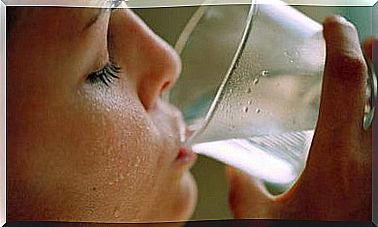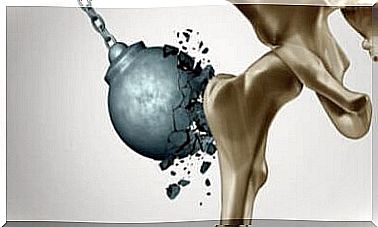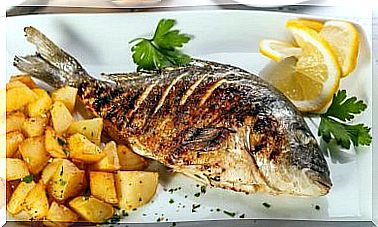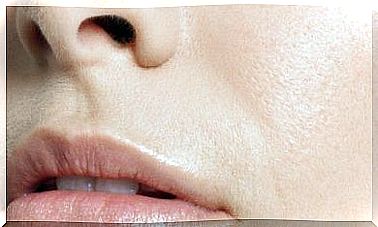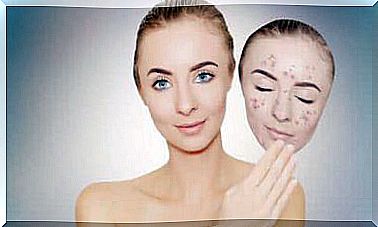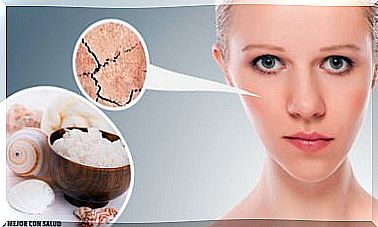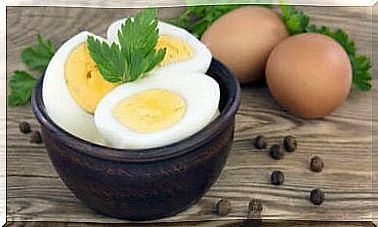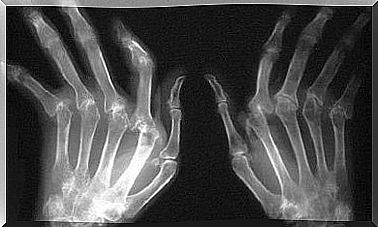10 Anticarcinogenic Foods?
No food can cure or prevent cancer. However, to enjoy good health, one must adopt a balanced diet and a healthy lifestyle.

Although cancer continues to be a difficult disease to cure, research continues. Their aim is to find a cure or at least a way to improve existing treatments and thus relieve patients’ symptoms.
Several studies have analyzed in depth the properties and compounds of certain food products. However, for now, what is certain is that consuming a particular food or drink does not prevent or cure cancer.
Here we will see together which foods and drinks have been studied the most. But first, let’s see what the experts are saying on the subject.
Cancer and diet: a complex relationship
According to specialists from the Spanish Association against Cancer (AECC), “ a diet rich in fruits and vegetables and low in fat, a healthy weight and physical exercise protect us against certain cancers”.
These specialists also indicate that there is no food capable of meeting all the body’s needs for it to function properly. This is why the diet should be varied.
In addition, they also recall that it is advisable to avoid foods that do not provide anything to the body, such as junk food, ultra-processed foods, industrial sweets and snacks, etc.
What foods and drinks have anticarcinogenic properties?
Now let’s see what are the different foods and drinks that have anticarcinogenic properties and that could then be beneficial for general health.
1. Red wine?
Red wine provides the body with antioxidants and vitamins. However, it does not help cure or prevent cancer.
Popular belief tells us that red wine can be an ally against cancer due to its antioxidant and resveratrol content. However, studies in mice show that drinking wine DOES NOT prevent cancer.
2. The pomegranate?
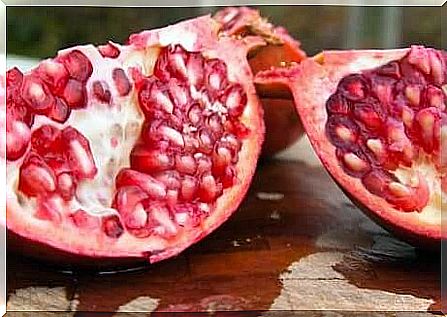
Because of its high content of antioxidants, popular belief was that pomegranate helps fight cancer by slowing the action of free radicals that cause cell damage, preventing premature aging and preventing cell multiplication. .
However, it has been shown that this is not the case. Consuming pomegranate does not help prevent or cure cancer. This food is only used to supplement a balanced diet.
3. Green tea?
Although it contains antioxidants and sulforaphane, green tea has not been shown to prevent or cure cancer. It is therefore not useful to consume it on a daily basis.
4. Broccoli?
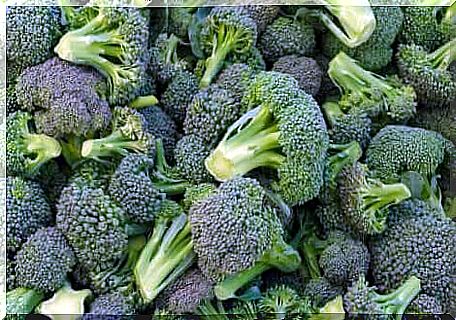
Broccoli is one of the green vegetables to consume as part of a healthy and balanced diet. However, consuming broccoli does not prevent the appearance of tumors in the final part of the digestive system.
Popular belief held that this was the case due to its content of sulforaphane, a photochemical substance with anticarcinogenic properties under certain conditions.
5. Coffee, one of the anti-cancer allies?
Popular belief believed that drinking coffee could help prevent different types of cancer. According to a review published in 2018 :
- coffee consumption is not associated with the development of cancers in general, but of certain cancers;
- according to several studies, consuming a cup of coffee daily is associated with a reduced risk of suffering from cancer of the liver, mouth and prostate;
- although it appears that coffee consumption has a positive effect on bowel cancer control, no study has verified this hypothesis yet;
- there are many studies in which the data collected is insufficient, which is why it is necessary to study the subject in greater depth.
6. Garlic?
According to popular belief, thanks to its content of allicin and other compounds, garlic is a possible ally against cancer and against other diseases.
Nevertheless, various researches on the subject have shown that garlic in all its forms has no protective effect against cancer, regardless of the frequency of consumption.
7. Nuts?
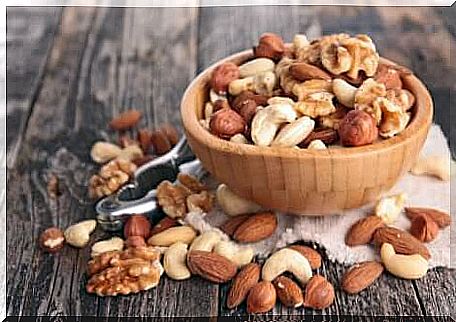
Nuts and other dried fruits contain phytosterols, which is why popular belief considered this food to have anticarcinogenic potential.
Nevertheless, the researchers believe that it is necessary to deepen the subject, because the results obtained so far are not conclusive.
8. Citrus fruits?
Citrus fruits like lemon, orange and grapefruit, despite their content of vitamin C and other nutrients, do not have “anti-cancer properties”. Consuming these foods therefore does not protect the body from cancer. Some say the opposite because of the belief that vitamin C “strengthens” the immune system.
Some nutrition experts like Julio Basulto claim that there is no food or drink with anticarcinogenic properties.
9. Fisheries?
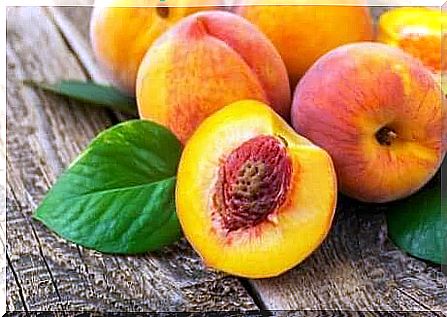
Popular belief believes that peach is a potential ally against cancer due to its polyphenol content. However, eating peaches has not been shown to play a critical role in the prevention or treatment of cancer. More research is needed.
10. Oregano?
Some believed that the carvacrol present in oregano had anticarcinogenic properties, especially in the cells of the breasts, liver and lungs. However, studies on the subject have not been carried out on human beings : it is therefore not possible to confirm this relationship.
Is there a guide that can dispel doubts on the subject?
Experts from the Spanish Association against Cancer have developed a guide in which the main misconceptions about cancer are presented in a clear, concise and concise manner. They state very clearly that natural remedies do not cure cancer.
